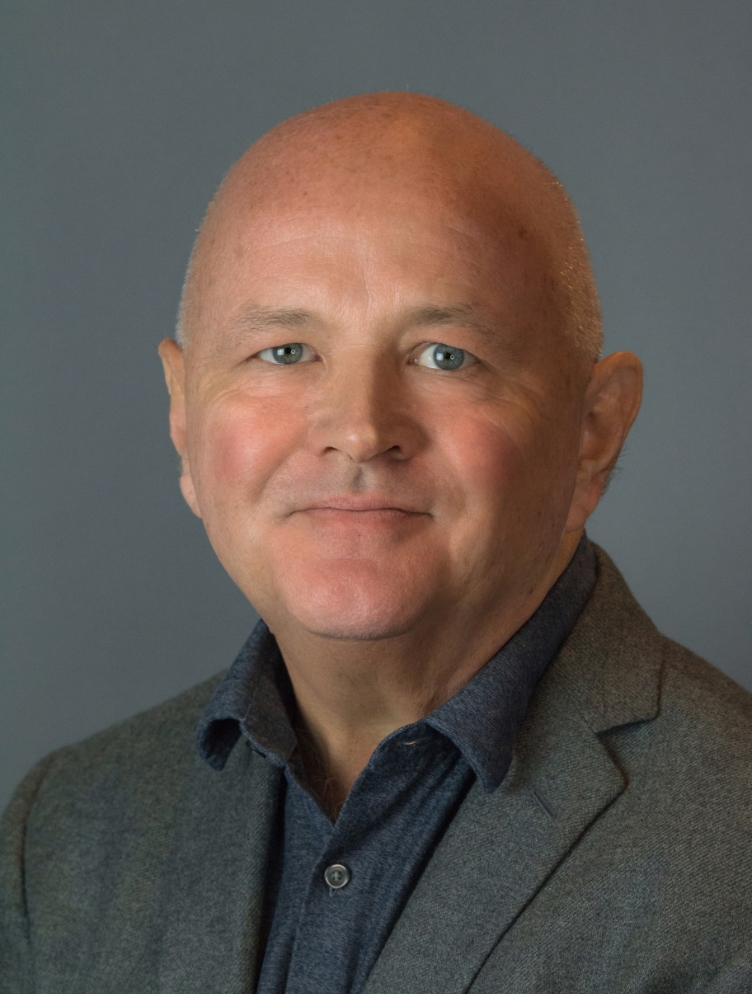David E. Clark


David E. Clark
David E. Clark is one of the top criminal defense lawyers in Georgia. He listens to each client and treats them with respect. He always visits appeal clients in prison and answers letters the same day he receives them. You only get one appeal, and it needs to be done right the first time.
David E. Clark is one of the top criminal defense lawyers in Georgia. He listens to each client and treats them with respect. He always visits appeal clients in prison and answers letters the same day he receives them. You only get one appeal, and it needs to be done right the first time.
Clark has obtained good results for most of the thousands of people who have hired him over his 30-year career. No bar complaints have been sustained against him, and he always provides effective assistance. He is rated “av” (highest rating – preeminent) in both “legal ability” and “ethical standards” by the Martindale-Hubbell peer-review authority.
Having a creative and analytical mind, he has a way of talking to judges that works. Every lawyer who goes up against Clark would tell you he is always prepared. As Clark puts it, “To win a case you have to know the facts better than the police; know the law better than the prosecutor; and know the courtroom rules better than the judge.”
Several years ago, Clark decided to specialize in criminal appeals. He was hired as Director of the Appellate Division of the Georgia Public Defender Council in 2016, where he was in charge of more than a thousand criminal appeals statewide. He has taught most of the other criminal defense lawyers in Georgia how to handle criminal appeals.
Clark left his executive position with the Public Defender Council in 2018 to return to private practice. He uses a system that is designed to catch every possible error and issue that might result in a reversal or sentence reduction. He uses top-flight investigators and computerized legal research tools. Clark writes a brief early in the process to try and get results for his clients as soon as possible. When Clark is your lawyer, you can be sure that “no stone was left unturned.”
Jessica Towne


Jessica Towne has lived in Gwinnett County since 1982, except for the three years spent in Athens at the University of Georgia School of Law. Prior to this, she graduated from Rutgers University. She is a happily transplanted Yankee and enjoys both weeks of winter in Georgia.
Most of her clients have never hired an attorney before and are afraid of the consequences of their charges. She meets with them to learn their concerns, and whether time is a factor.
Towne attends court appearances alone until her client absolutely must be there. According to Towne, “This is my work; most of my clients are not trial attorneys, and they have other jobs that require their attendance. The best way I can help my client is to make sure my client knows exactly what to expect, not just what may happen. This decreases my client’s anxiety level. What happens in court affects not just the client but his family, his job and his community. My ‘job’ is to minimize those effects.”
Having been in practice almost three decades, Towne has been a member of local and national professional organizations. She has held founding or leadership positions in the National College for DUI Defense, DUI Defense Lawyers Association, Georgia Association of Criminal Defense Lawyers, Georgia Innocence Project, and the Gwinnett County Bar Association and its Criminal Defense Section. She is a frequent lecturer on topics relating to defending DUI charges and criminal appeals.
“When I’m not practicing law, I am giving my lawn a manicure, or I’m growing vegetables and flowers and begging the deer to graze in someone else’s yard. I’m on the board of my homeowner’s association, and active in a local Lutheran church. I attend as much live theatre and music events as possible. Even though I spend a great deal of time at my desk reading, I have paid enough overdue library fines to have funded some of the county’s branches. A product of all-public schools, both of my kids graduated from Gwinnett County high schools and Georgia colleges. I’ve been married (to the same man) for 30+ years.”
– Jessica Towne, Attorney at Law



